
In a move that sends a seismic shock through the automotive industry, Porsche AG has announced a major strategic U-turn, significantly dialing back its electric vehicle ambitions in response to shifting market realities. The German sports car manufacturer is halting development on a dedicated new EV platform and will instead launch new and existing models with combustion engines well into the next decade.
Approved by the company's Executive and Supervisory Boards, the decision represents a dramatic shift in the brand's widely publicised electrification strategy. Most notably, a new large SUV, which was previously intended to be all-electric, will now be launched exclusively with combustion and plug-in hybrid powertrains.
'We are currently experiencing massive changes within the automotive environment. That's why we're realigning Porsche across the board,” said CEO Oliver Blume. "We want to meet new market realities and changing customer demands."
The announcement cites 'the significantly slower growth in demand for exclusive battery-electric vehicles' as the primary reason for the shift. Porsche will now extend the life of its current combustion engine models, including the Panamera and Cayenne, and has added new generations of these vehicles to its long-term product cycle plan. The development of a new EV platform for the 2030s has been 'rescheduled' and will now be redesigned in coordination with other brands within the Volkswagen Group in order to share costs.
This strategic reversal will come at a significant financial cost. The company expects the decision to result in significant short-term expenses, including up to €1.8 billion in depreciation and provisions, which will reduce its operating profit for the 2025 financial year. Its forecast operating return on sales has been drastically reduced to a 'slightly positive' figure of up to 2%, down from a previous forecast of 5–7%.
Porsche's leadership team has framed the decision as a necessary step to ensure long-term resilience in a challenging global environment. They have pointed to US import tariffs, a declining Chinese luxury market and cooling demand for electric vehicles (EVs) as key factors.
'We recognise that these strategic investments will impact our short-term financial results, but they are essential,' said Dr Jochen Breckner, Member of the Executive Board for Finance and IT. 'The measures will sharpen our brand identity and make our products even more desirable.'
While the company insists that it remains committed to an electric future, noting that it will continue to update existing EVs such as the Taycan and Macan, the message is clear: the internal combustion engine, particularly in the form of plug-in hybrids, is back at the core of Porsche's product strategy for the foreseeable future. This pivot highlights a growing industry-wide trend of manufacturers balancing ambitious electrification goals with the immediate and still profitable demands of the current market.
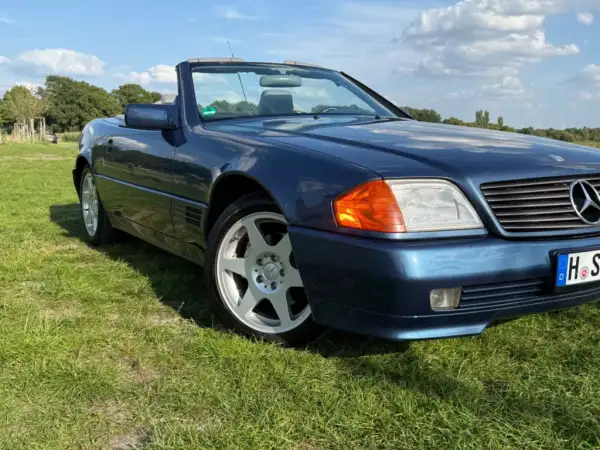
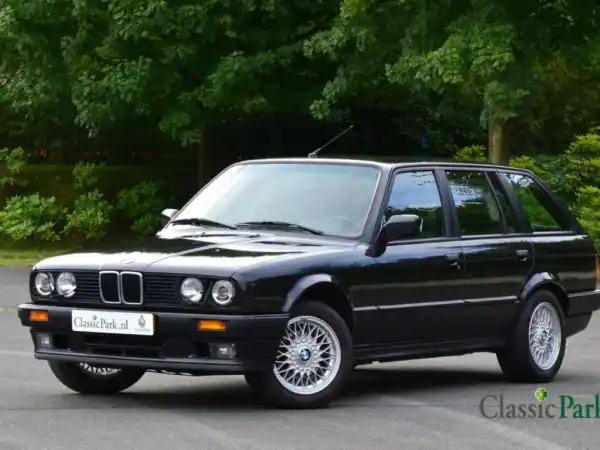
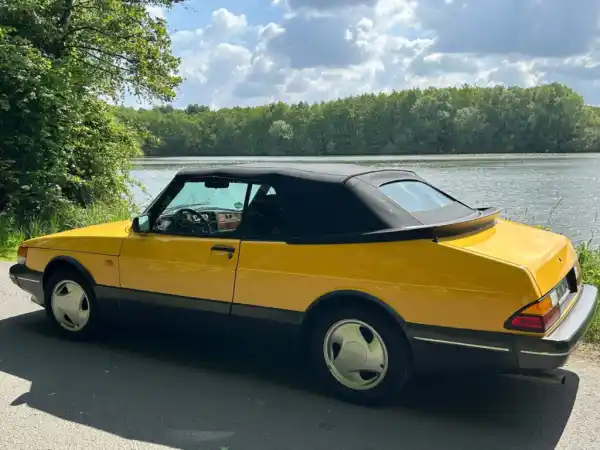


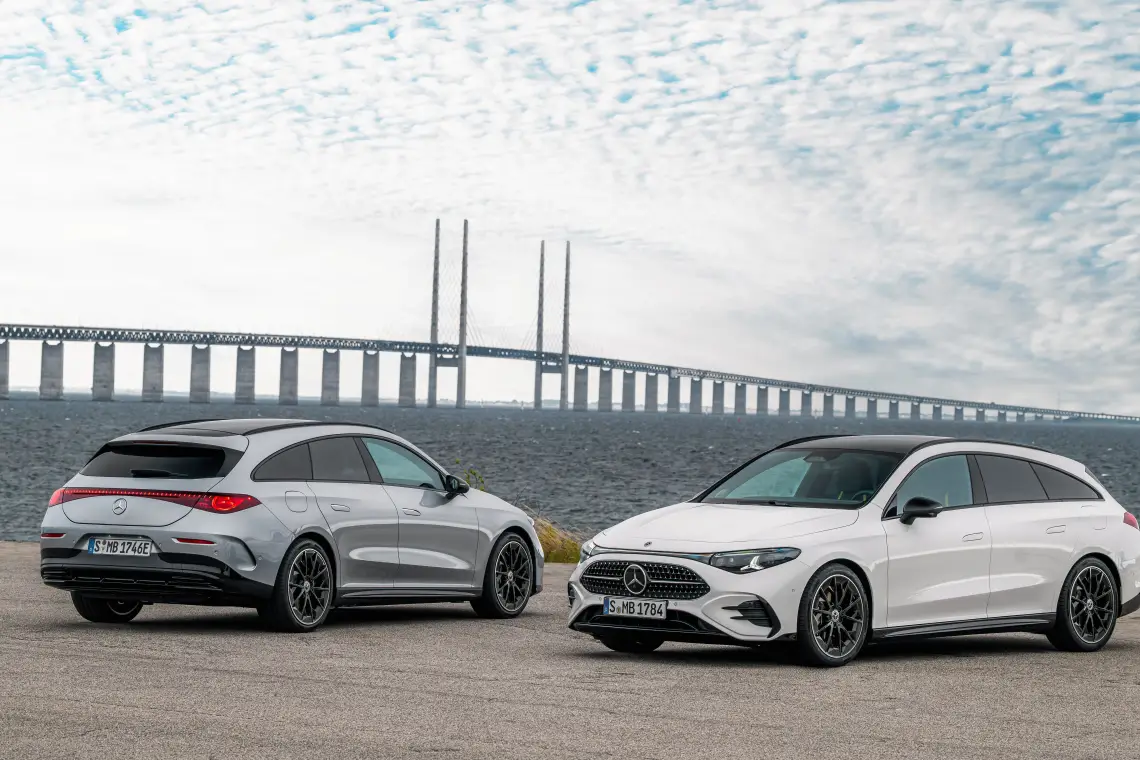
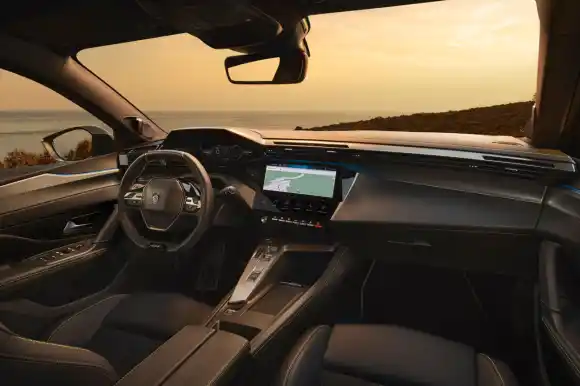
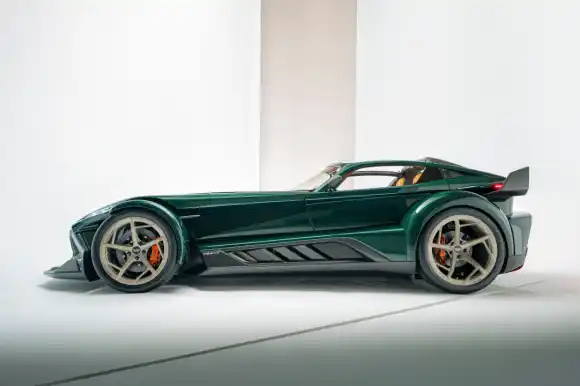
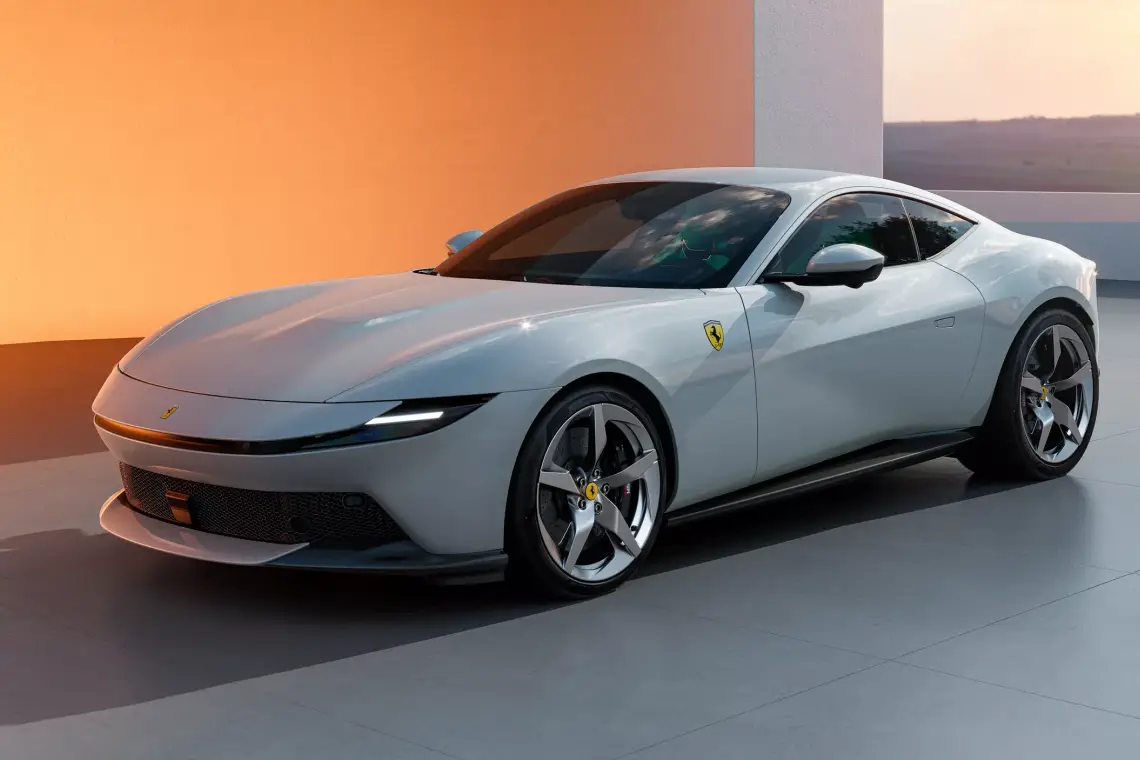
 Sign in with Google
Sign in with Google